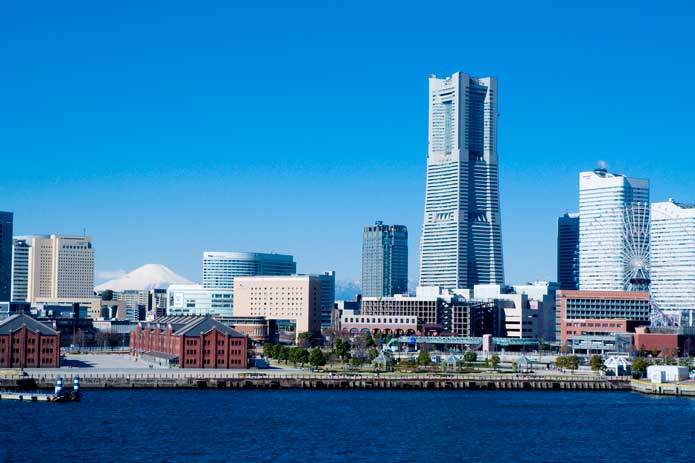Japan was the world’s second-largest economy for more than 40 years, until it was overtaken by China in 2010. After the early 1990s, Japan experienced what some have called a lost decade, during which time the economy stagnated and growth was substantially lower than before. Over the same period, real estate prices continued to drop, eventually settling at one third of the peak prices recorded in the late 1980s.
When, after restructuring, real estate business started to pick up again, it was a totally different market. In the wake of World War II, Japan’s real estate prices rose steadily, due solely to the macro economic trend.
However, real estate prices at the turn of the 21st century were heavily dependent on such factors as location, usage and money invested. Thus, while most real-estate players could easily be winners up until the 1990s, since then there have been both winners and losers.
The post-bubble recovery
From 2000 until the financial crisis in late 2008, the real estate investment and residential markets experienced a substantial recovery. Thus, in 2009, the value of the most expensive commercial land in Tokyo was nearly the same as it had been at its peak in 1990.
However, once the current economic crisis took hold, institutional investors, who had previously played a major role in the transaction market, became very conservative. The impact this had on the global economy was so serious that real estate transactions decreased drastically worldwide.
Due to the euro crisis and the strong yen, the Japanese economy again entered a grey zone, its situation exacerbated in 2011 as a result of the Great East Japan Earthquake, resultant tsunami and the nuclear power station disasters. In addition, the production lines of many Japanese corporations were hard hit by the severe flooding in Thailand’s major industrial zones.

A New Japan?
One might well wonder whether Japan is losing its position in the global economy. Considering the three expressions that signify the economic presence of Japan—“Japan Bashing” in the 1980s; “Japan Passing” in the 1990s; and “Japan Missing” so far this century—we ask if Japan will be left behind China, South Korea, India, Taiwan and other Asian countries?
The answer is yes—and no. Yes, because Japan will no longer be able to achieve its earlier high level of economic growth. And no, because Japan is capable of enhancing its mature economy at a sustainable pace.
Although the problems related to ageing and depopulation that face Japan will weaken the country—as also the real estate market—domestic and foreign long-term investors have recently been returning to the property market, possibly attracted by promise of the nation’s post-quake recovery.
Market moving forward
According to major developers in Tokyo, there has been a recovery in sales of new condominiums, particularly those in centrally located, earthquake-resistant high-rise structures.
With consumers having awoken after a year of restraint, April saw a number of major commercial complexes open, including the Mitsui Outlet Park Kisarazu, Tokyu Plaza Omotesando Harajuku, Diver City Tokyo Plaza and Shibuya Hikarie.
Value of real estate today
The real estate market here used to be criticised by many global institutions for its lack of transparency. However, the situation has improved and the market is much more transparent than before. Now, the Ministry of Land, Infrastructure, Transport and Tourism provides real estate sales data online in Japanese and English, while the Association for Real Estate Securitization provides comprehensive investment property information in both languages.
Unlike the easy days of the 1980s, however, asset values have become a more complex issue than before.
More articles in Investment

Invest in Kobe!
Why UK firms are drawn to the port city
Two-way street
Bilateral UK–Japan FDI flows both ways
Beyond the Bright Lights
It may have the bright lights, skyscrapers and 24-hour energy that accompanies a capital city, but Tokyo doesn’t have it all.
Who is a Professional Investor in Japan?
In many jurisdictions, the financial regulations that apply to transactions involving professional investors tend to be more moderate than those applying to transactions not involving professional investors. This is also true in Japan.